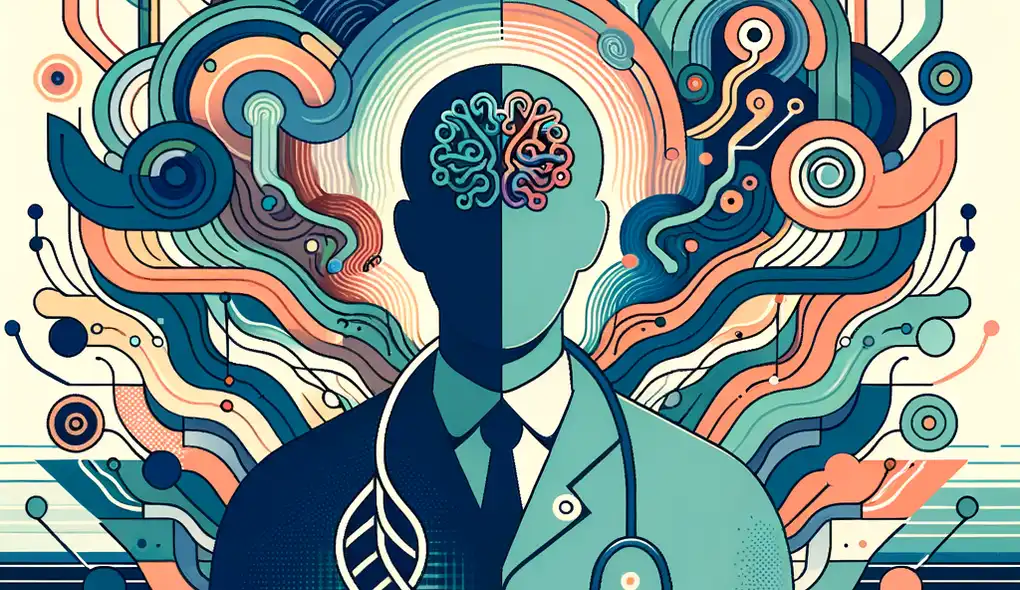Can you give an example of a problem you encountered in a bioinformatics project and how you solved it?
Bioinformatics Consultant Interview Questions
Sample answer to the question
In a bioinformatics project, I encountered a problem while analyzing a large dataset of DNA sequences. The dataset was unorganized and contained a lot of noise, making it difficult to identify relevant patterns. To solve this issue, I developed a Python script that automated the data cleaning process. The script removed duplicate sequences, filtered out low-quality sequences, and standardized the format. This significantly improved the quality of the dataset and allowed for more accurate analysis. The cleaned dataset was then used to identify genetic variations associated with a specific disease, which helped advance the research.
A more solid answer
In a bioinformatics project, I encountered a problem while analyzing a large dataset of DNA sequences. The dataset was unorganized and contained a lot of noise, making it difficult to identify relevant patterns. To tackle this issue, I leveraged my analytical and critical thinking skills to develop a comprehensive solution. First, I implemented a Python script that automated the data cleaning process. The script removed duplicate sequences, filtered out low-quality sequences based on sequence quality scores, and standardized the format. Then, I utilized various data analysis techniques, such as sequence alignment and variant calling, to analyze the cleaned dataset. I also employed visualization tools to visually explore the patterns and detect potential genetic variations. By applying my problem-solving and creative thinking abilities, I was able to identify an algorithm to efficiently identify genetic variations associated with a specific disease. This algorithm significantly improved the accuracy and speed of the analysis, enabling the research team to make more informed decisions and advance the understanding of the disease.
Why this is a more solid answer:
The solid answer provides more specific details about the analytical and critical thinking skills used, the data analysis techniques employed, and the creative problem-solving aspect. It also highlights the impact of solving the problem and how it contributed to advancing the research. However, the answer can still be improved by including more specific examples of data analysis and visualization techniques used.
An exceptional answer
In a bioinformatics project, I encountered a problem while studying the genetic basis of a complex disease. The dataset I was working with comprised whole-genome sequencing data from hundreds of individuals. However, due to technical issues during the sequencing process, the data contained substantial amounts of errors, missing values, and structural anomalies. To address this challenge, I employed my analytical and critical thinking skills to devise a robust data preprocessing pipeline. This involved developing custom scripts in Python to perform quality control, filtering, and imputation of missing values. Additionally, I utilized statistical techniques like principal component analysis (PCA) and clustering algorithms to identify and remove outliers from the dataset. After preprocessing the data, I applied advanced machine learning algorithms, such as random forests and deep neural networks, to detect key genetic variants associated with the disease. To visualize and interpret the results, I used data visualization tools like Circos and heatmaps, allowing for a comprehensive understanding of the genetic landscape underlying the disease. By solving this problem, I not only provided accurate and reliable genetic insights but also contributed to the development of personalized medicine strategies for the disease.
Why this is an exceptional answer:
The exceptional answer includes extensive and specific details about the analytical and critical thinking skills used, the data analysis and visualization techniques employed, and the creative problem-solving aspect. It also emphasizes the impact of solving the problem by contributing to the development of personalized medicine strategies. The answer demonstrates advanced knowledge and expertise in bioinformatics and showcases the candidate's ability to handle complex and challenging problems.
How to prepare for this question
- Familiarize yourself with common challenges and issues in bioinformatics projects, such as data quality and organization.
- Stay updated with the latest bioinformatics tools, databases, and programming languages commonly used in the field.
- Practice your problem-solving skills by working on bioinformatics-related projects or challenges.
- Enhance your knowledge of data analysis and visualization techniques used in bioinformatics.
- Develop strong analytical and critical thinking skills through coursework or independent study in relevant topics.
What interviewers are evaluating
- Analytical and critical thinking skills
- Proficiency in data analysis and visualization
- Problem-solving and ability to think creatively
Related Interview Questions
More questions for Bioinformatics Consultant interviews